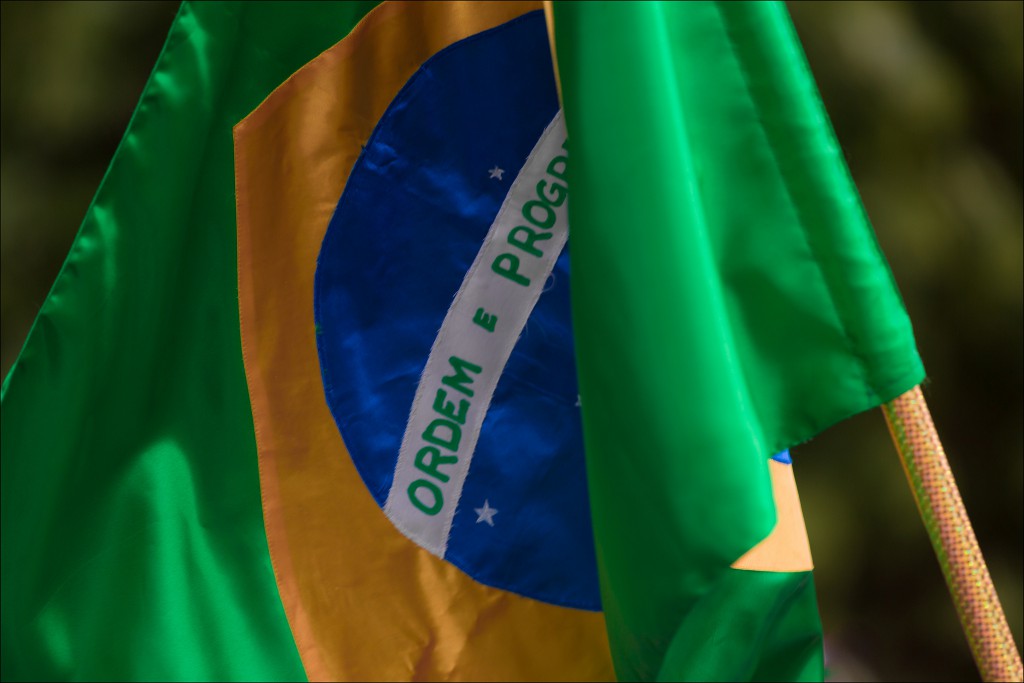Technology and political participation
by Digital Rights LAC on September 23, 2015
There is a scenario still quite unfavorable in Brazil for greater effectiveness of direct democratic participation in the legislative framework in relation to the commencement of popular initiative bill.
By Eduardo Magrani*
The first obstacle is due to the fact that, according to the Federal Constitution of 1988, a popular initiative bill to be presented properly, it must contain signatures of at least 1% of the Brazilian electorate (about 1.4 million people). In addition to this requirement, which is itself a major impediment, add two more obstacles: the fact that only accept physical signatures in practice, despite the Constitution and Law No. 9,709/98 speak only need to “subscribe” not expressly mention the physical medium and; the problem of not having a clear and efficient system for the validation of signatures. As a result of these obstacles, the Brazilian constitution of 1988 celebrates 26 years of age and over that period, only four projects of the genre were approved in Congress.
Over the 26 years of “citizen constitution” other forms of direct participation provided for in FC/88 as the plebiscite and the referendum were used only twice. The first time, in 1993, the population –through referendum– kept presidentialism and the republic as form and system of government. In the second, in 2005, the population, through a referendum, rejected the prohibitions of firearms, provided in disarmament statute. Otherwise, local plebiscites were conducted only on the creation of new states and municipalities.
It is evident, therefore, the under-utilization of the mechanisms of direct participation in the legislative sphere, despite the recognition of its validity in democratic terms is quite evident even in a mostly representative system like ours. In this scenario, seeking primarily to overcome the obstacle related to the high number of physical signatures required, several bills currently being processed have the proposal to encourage and enable more clearly that the popular initiative bills can be signed electronically.
However, it is clear still a lot of uncertainty with regard to participation by virtual means. There are already, however, technological mechanisms to reduce the risks. New technological paths have allowed significantly minimize the risk of violations of platforms and forgery of signatures through a more reliable system of authentication of signatures. The digital certification, for example, is considered an extremely effective tool allowing minimize security risks and achieve functional equivalence with handwritten signature.
A more sophisticated validation system should always be pursued as effectively to prevent fraud and crucial in order to give more credibility to online political participation.
The collection of electronic signatures for popular initiative bill proposition reduces to a great extent, the logistical problems associated with the collection of signatures on paper. The online signature collection procedure acts as a catalyst in the democratic process enabling much more breadth and efficiency collection of thousands or even millions of signatures in a smaller range of time and cost.
One of today’s major challenges of Brazilian democracy is rightly think best ways to combine initiatives and mechanisms for the types of direct democracy, participatory and representative, aimed at achieving greater legitimacy of our political system. To this end, it is essential not to neglect the ways enabled by the Internet to the improvement of democratic society.
* Professor and researcher at the Center for Technology and Society (CTS) at Getulio Vargas Foundation (FGV DIREITO RIO)






